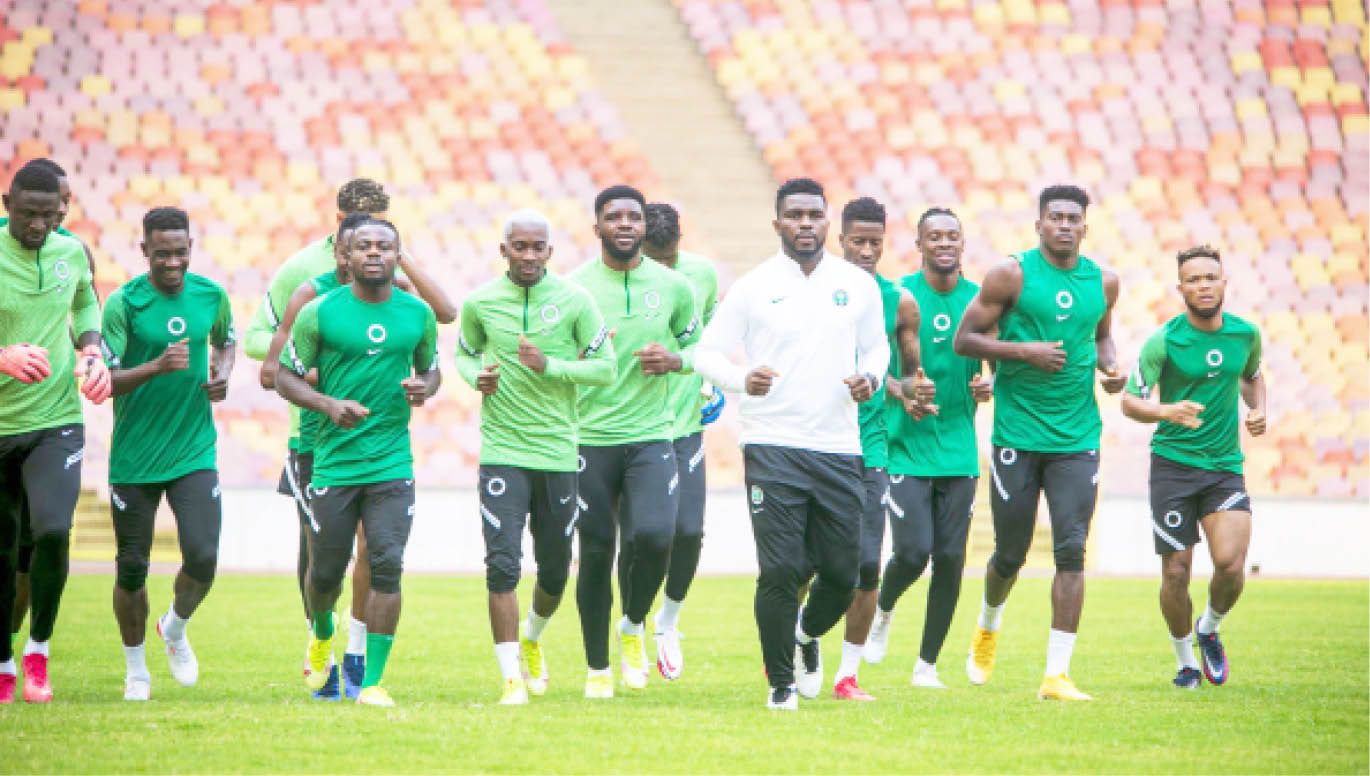
“Nigeria Is Unarguably the Best Country to Live In… If You Have a Lot of Money” — Basketmouth Drops Candid Truth About Life in the Country

Popular Nigerian comedian and actor, Bright Okpocha, widely known as Basketmouth, has sparked widespread conversations online after making a bold statement about the reality of life in Nigeria. According to the comic star, Nigeria is indeed one of the best countries in the world to live in, but only if one has deep pockets to afford the luxuries, safety nets, and privileges that money can buy. His remarks have resonated with millions who continue to grapple with the complexities of living in a country that offers so much potential yet so many challenges. The viral quote, which has been circulating on various social media platforms, has become a springboard for discussions about inequality, governance, and the price of comfort in Africa’s most populous nation.
Basketmouth’s candid words reflect a sentiment many Nigerians quietly acknowledge: that the quality of life in the country is often directly proportional to one’s financial capacity. For the wealthy elite, Nigeria offers a level of comfort that rivals some of the world’s most advanced societies. With money, the frequent problems of erratic electricity supply, poor healthcare, insecurity, and dilapidated infrastructure become less daunting because wealth provides the power to bypass them. Generators, inverters, boreholes, private security personnel, luxury cars, and international schools are all within reach for those who can afford them, making Nigeria indeed a paradise for the rich. But for the average citizen, the same Nigeria can feel like an uphill battle against economic hardship and systemic failures.
His words have not only stirred laughter, as expected from one of Africa’s biggest comedians, but have also cut through the humor to expose a reality that many Nigerians live daily. The irony is sharp: the same country that can be described as “the best place to live” by those with money is often considered unbearable for those struggling to make ends meet. With rising inflation, unemployment, and the continuous fall of the naira against major currencies, life for many ordinary Nigerians is marked by survival rather than enjoyment. Yet, amidst all these struggles, those who possess wealth experience a Nigeria that feels entirely different. They drive on the same roads but in bulletproof SUVs, they reside in gated estates where power supply is uninterrupted, and they travel abroad frequently for medical checkups or vacations. In their world, Nigeria becomes a playground where opportunities abound, businesses thrive, and comfort is a constant.
Basketmouth’s statement has ignited debates across Twitter, Instagram, and TikTok, with Nigerians from all walks of life chiming in with their personal takes. Some agree wholeheartedly, emphasizing how the wealthy seem insulated from the country’s problems, while others argue that even the rich cannot completely escape the systemic issues that plague everyone. For instance, kidnappings and insecurity affect both the rich and the poor, though the rich often have the means to negotiate ransoms or protect themselves with private guards. Similarly, traffic congestion and poor public infrastructure affect everyone, even though the rich can somewhat mitigate these problems with helicopters or alternative routes.
The conversation also stretches beyond Nigeria, touching on a larger African reality. In many developing countries, wealth often determines access to basic amenities that should ordinarily be guaranteed by the state. For Nigerians living abroad, Basketmouth’s comment hits home differently. Many of them attest to the fact that while countries like the United Kingdom, Canada, or the United States provide a relatively stable quality of life regardless of wealth, Nigeria often functions like a dual reality — one for the rich and another for the poor. This “two Nigerias” phenomenon has long been criticized by human rights advocates and economic analysts, who argue that it undermines national unity and development.
Basketmouth is no stranger to social commentary. Over the years, he has skillfully used his platform not only to entertain but also to reflect on the socio-political climate of the country. His comedy often weaves in observations about governance, corruption, and everyday struggles, making his voice one that resonates with both laughter and truth. This latest statement, though delivered casually, has amplified a discussion that policymakers cannot afford to ignore: the widening gap between Nigeria’s rich and poor. Reports by organizations such as Oxfam and the World Bank consistently highlight Nigeria as one of the countries with the highest levels of inequality in the world, where a small percentage of the population controls a disproportionate amount of wealth.
Social media users have reacted in diverse ways to Basketmouth’s remark. Some have responded with memes and jokes, showing images of extravagant mansions, private jets, and luxury lifestyles that only a select few enjoy in the country. Others have expressed frustration, pointing out that such statements, while true, underscore the helplessness of the average Nigerian who cannot afford to “buy their way out” of systemic dysfunction. A Twitter user quipped, “Basketmouth is right. Nigeria is heaven if you have money. But if you don’t, it’s basically a survival game every single day.” Another wrote, “This is why people hustle so hard in this country, because once you cross that money line, Nigeria becomes a completely different place.”
The entertainment industry itself serves as a case study of Basketmouth’s assertion. Celebrities, business moguls, and politicians often showcase their luxurious lifestyles, living in sprawling estates with 24/7 power, swimming pools, and state-of-the-art facilities. Their social media pages paint a picture of a Nigeria brimming with opportunities, vibrant culture, and endless enjoyment. Meanwhile, average citizens navigate fuel scarcity, rising food prices, and poor healthcare, painting a stark contrast to the glossy lives of the wealthy few.
Beyond sparking debate, Basketmouth’s statement also sheds light on the resilience and optimism of Nigerians. Despite the hardships, many still find joy in music, fashion, food, sports, and family. Nigeria remains a country of vibrant energy, rich culture, and undeniable talent. For those who can afford it, this cultural richness, coupled with the ability to cushion the country’s flaws, makes Nigeria an unmatched destination. The weather, the cuisine, the sense of community, and the entrepreneurial spirit are unparalleled — and wealth only amplifies these blessings.
In the final analysis, Basketmouth’s statement has forced many to look in the mirror and confront the uncomfortable truth: that Nigeria, though richly endowed, still operates in a way that privileges wealth over equity. It has reopened discussions about governance, the role of leadership in ensuring basic amenities, and the urgent need for reforms that make Nigeria livable for everyone, not just the rich. While his words may have been said in jest, they echo the frustrations and aspirations of millions who dream of a Nigeria where you don’t need a fat bank account to enjoy the best that life has to offer.
For now, however, the reality remains that money does make the difference, and as Basketmouth aptly put it, Nigeria is unarguably the best country to live in — but only if you have a lot of it.


